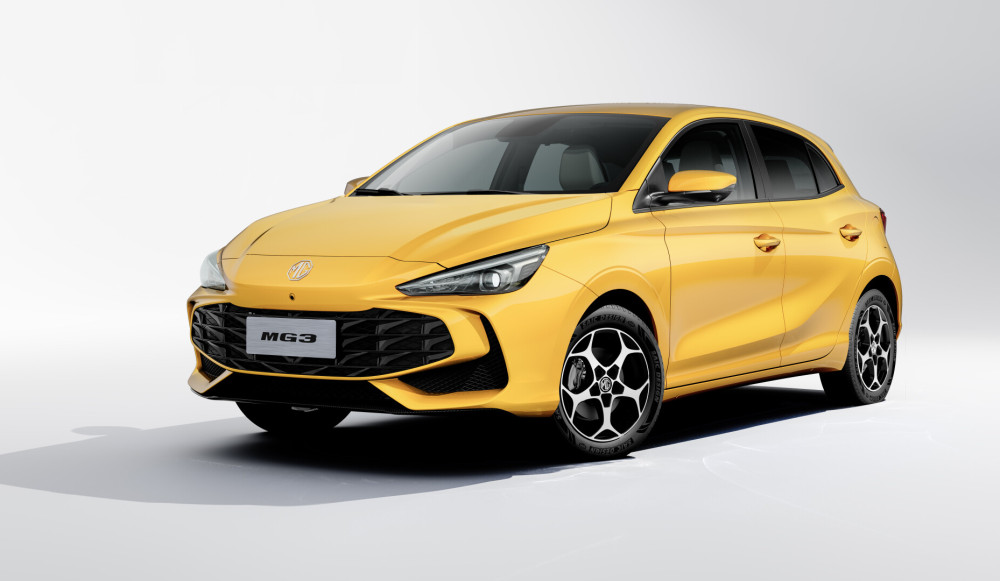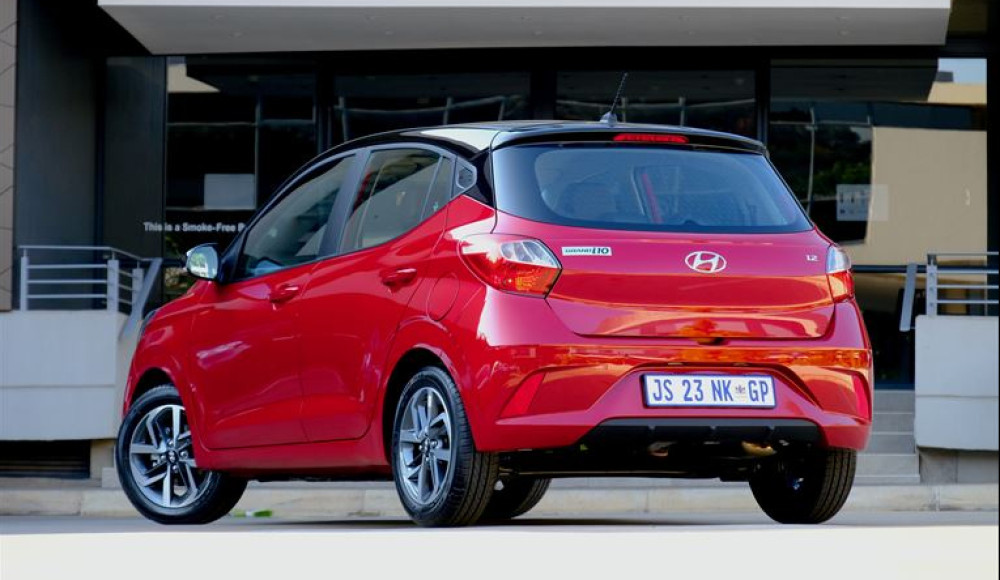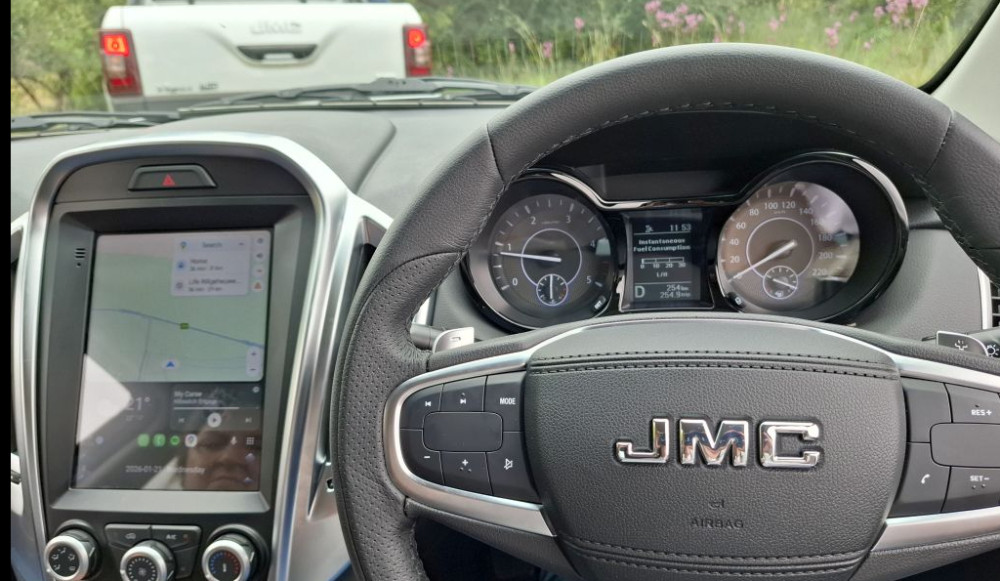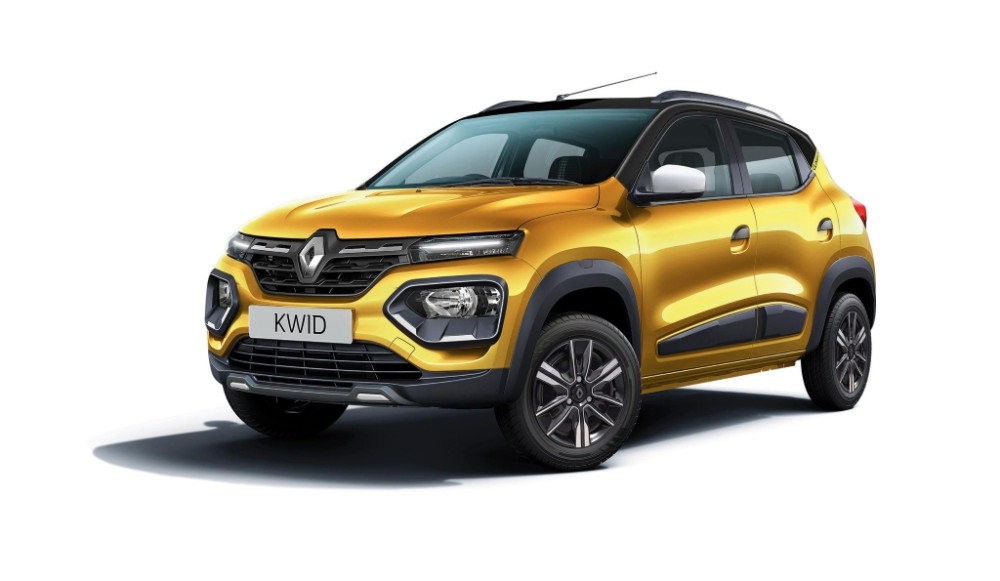In South Africa, grey imports—vehicles imported independently rather than through official channels—have sparked both interest and caution among car buyers. These vehicles, often sourced from countries like Japan, offer potential savings but come with unique challenges that every buyer should understand.
Click here to find the perfect vehicle for your needs
What are grey imports?
Grey imports are vehicles brought into the country without the involvement of the manufacturer’s official local dealer network. Typically, these cars are pre-owned and sold at a lower price than similar models available through authorized dealerships. They are particularly attractive due to their affordability and unique specifications, which may not be available in South Africa’s mainstream market.
The pros of grey imports
- Cost savings: Grey imports are usually cheaper than locally sold equivalents, making them an appealing option for budget-conscious buyers.
- Unique options: Buyers can access models or specifications unavailable through South African dealerships, such as niche variants of popular vehicles.
- Quick availability: Some grey imports can be sourced and delivered faster than waiting for a new model from an official dealership.
The cons of grey imports
- Warranty and after-sales support: Grey imports often lack manufacturer-backed warranties or local service agreements, leaving buyers responsible for maintenance and repairs.
- Parts availability: Sourcing spare parts can be challenging and expensive, particularly for vehicles with limited representation in South Africa.
- Regulatory compliance: Imported vehicles must meet South African safety and environmental standards. Failure to comply can result in hefty fines or refusal of registration.
- Resale value: Grey imports often have lower resale value due to concerns over parts, warranties, and perceived risk.
Legal considerations
To legally import a grey vehicle, it must comply with South African Bureau of Standards (SABS) regulations. Additionally, prospective buyers need an Import Permit from the Department of Trade, Industry, and Competition and a Letter of Authority (LOA) from the National Regulator for Compulsory Specifications. The process can be time-consuming and complex.
Get the best insurance quote for your vehicle here
Is it worth it?
Grey imports can be cost-effective for specific needs, but buyers must weigh the risks carefully. Thorough research, understanding regulatory requirements, and seeking advice from import specialists can help mitigate potential pitfalls.
While grey imports provide access to unique vehicles at competitive prices, they are not without their challenges. South African consumers should approach this option with a clear understanding of the pros and cons to make an informed decision.
Mpho Mahlangu, in association with
proudly CHANGECARS












